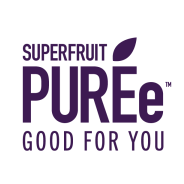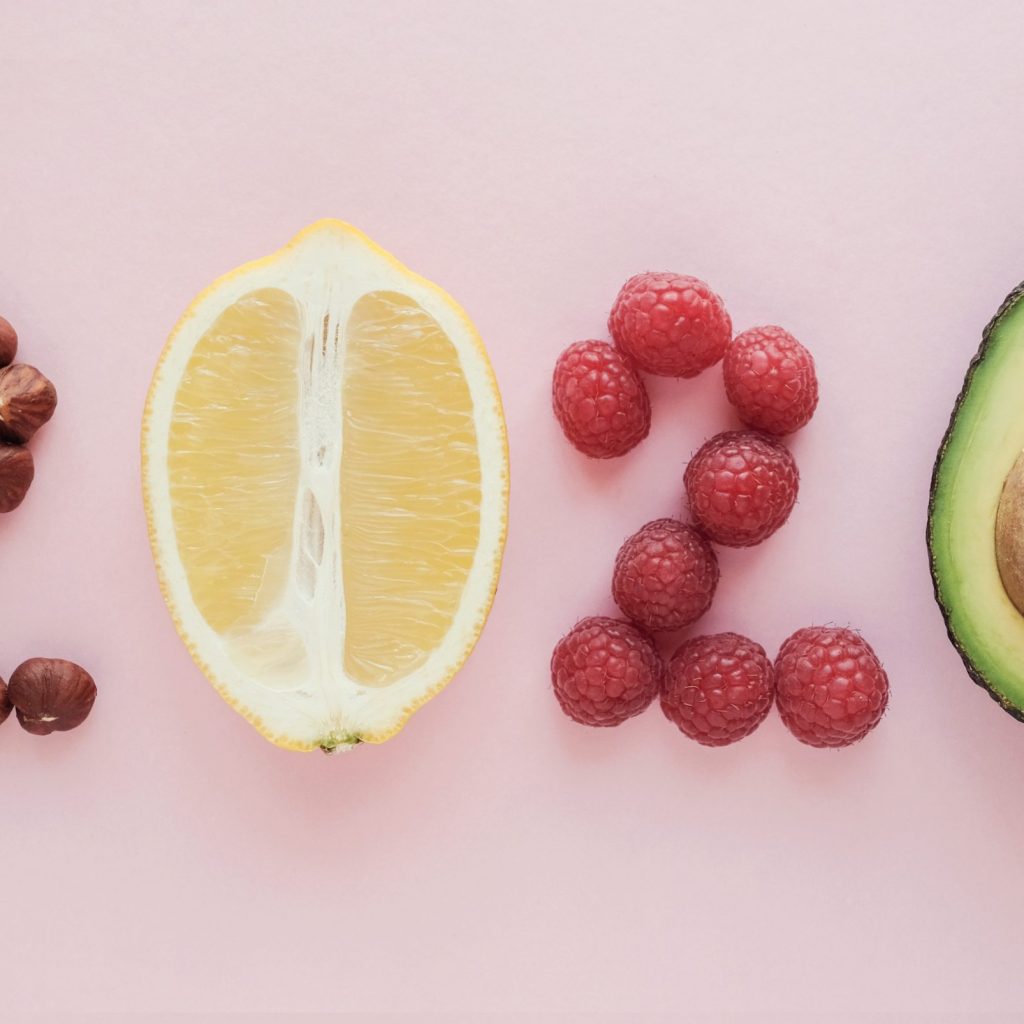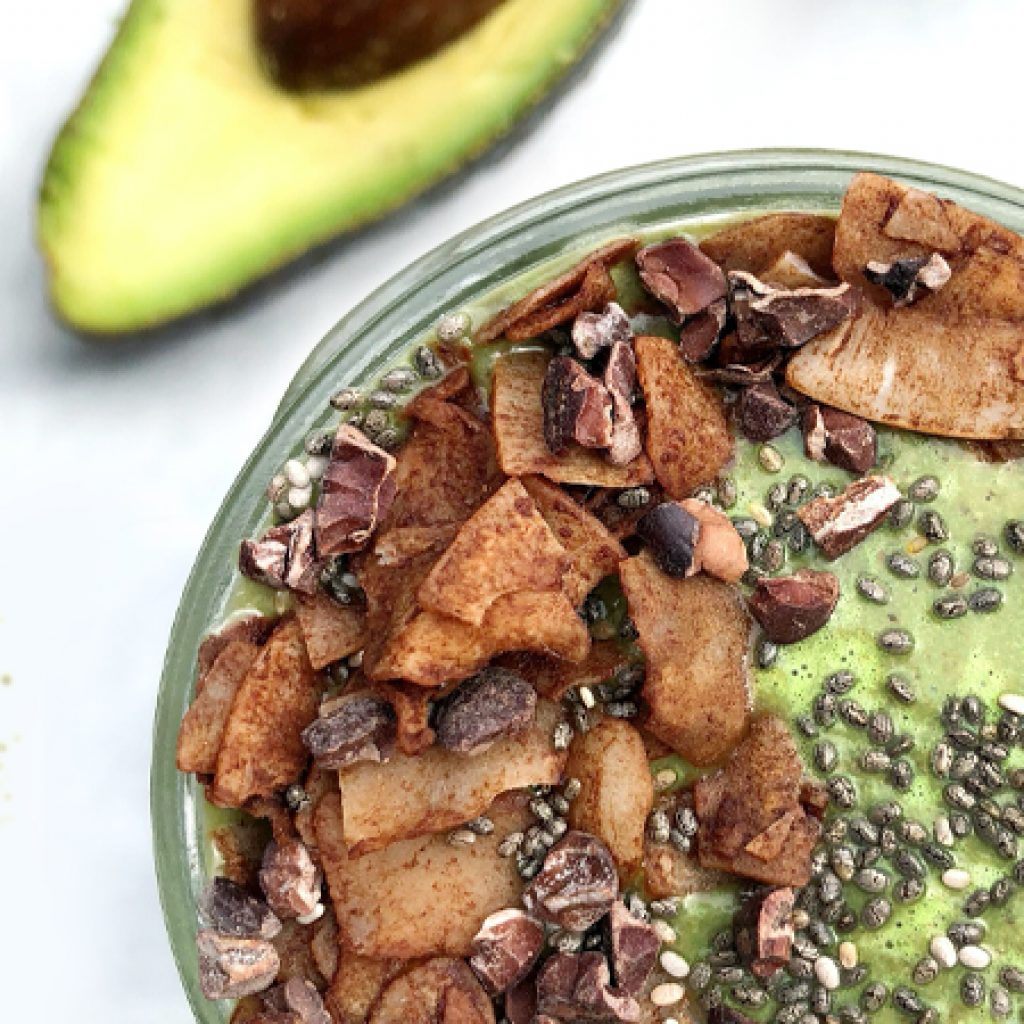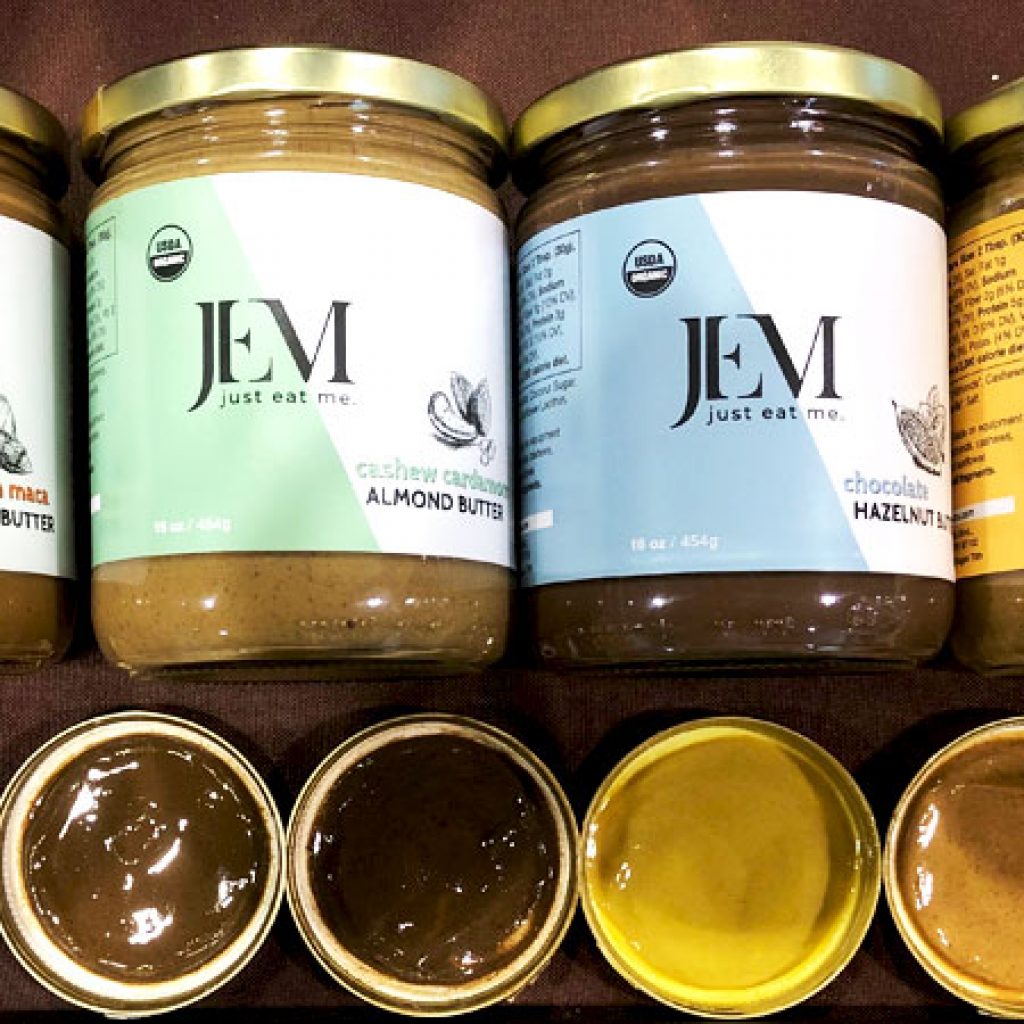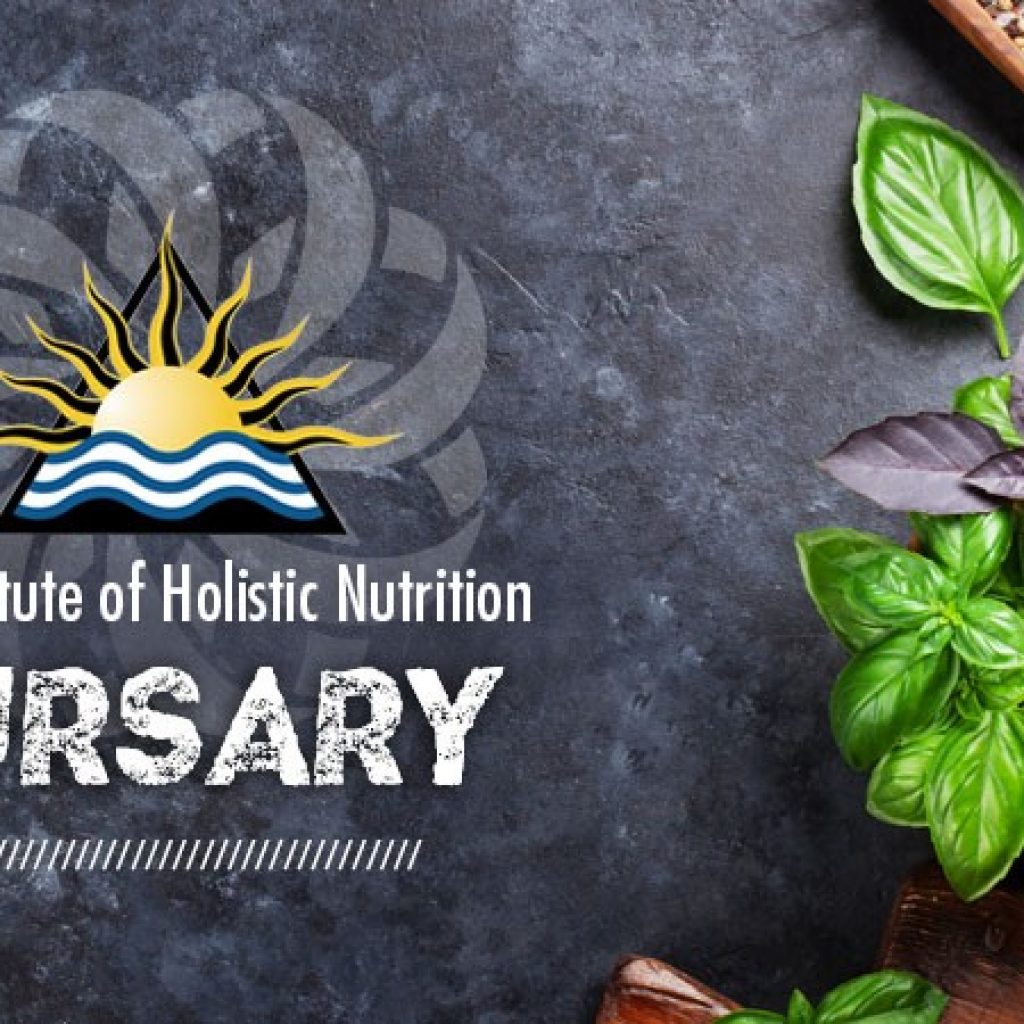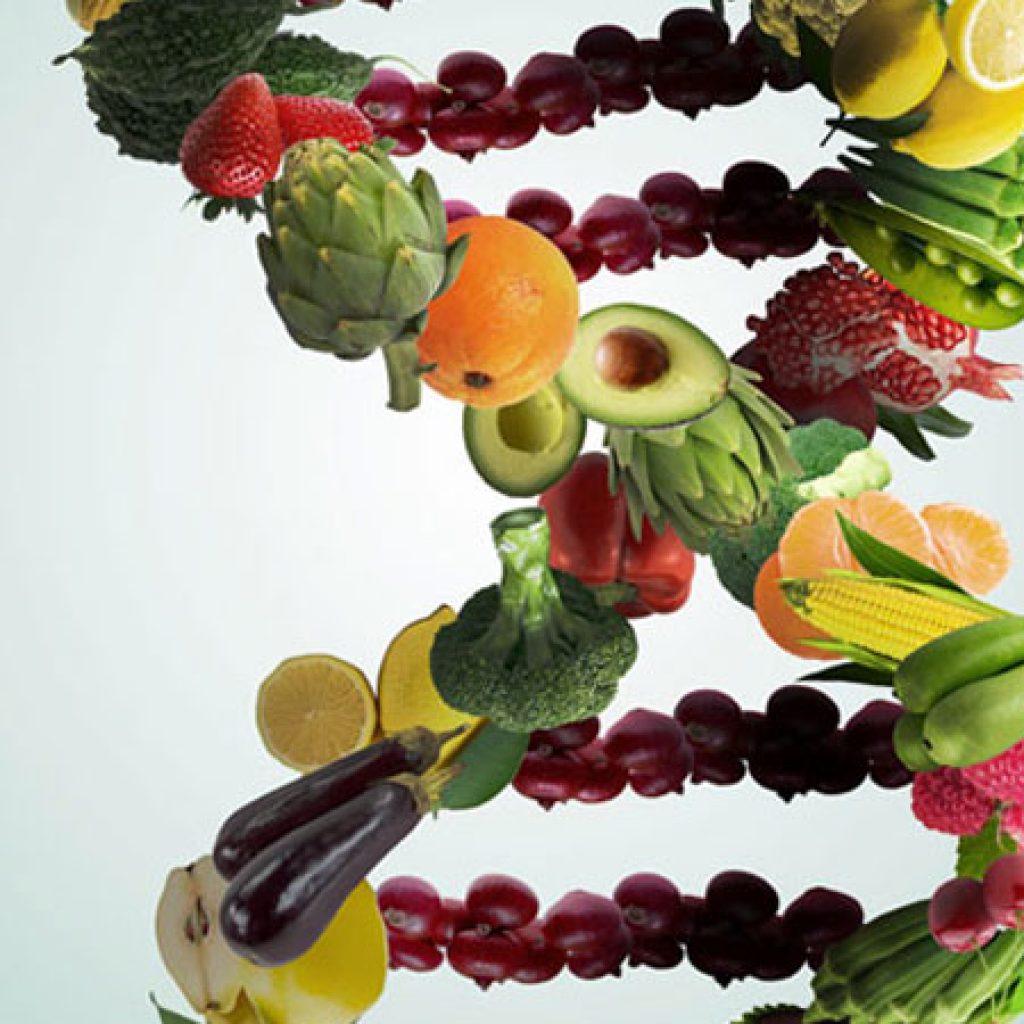
22
Nov
Answering 10 Burning Questions about Quitting Sugar
- Does quitting sugar mean that I can’t eat fruit?
There is a difference between naturally-derived sugars from fruits and vegetables, and refined white sugar. Fruit offers an array of health benefits, including fibre, vitamins and minerals, whereas sugar is non-nutritive.When most people speak of quitting sugar, they are often referring to added sugars and sugars found in processed and packaged foods. Some people may opt for a stricter no-sugar diet where they choose low GI fruits and vegetables, as well.
- Can quitting sugar help with candida?
YES. Because candida thrives on sugar, consuming too much can promote a candida overgrowth. We all have this yeast/bacteria in our mouths and digestive tracts, but it must be kept in balance for optimal health.Common symptoms of a candida overgrowth include:***
- Digestive problems (e.g., bloating and constipation)
- Skin issues (e.g., eczema and psoriasis)
- Autoimmune diseases (e.g, ulcerative colitis and arthritis)
- Lethargy
- Brain fog and poor memory
- Intense seasonal allergies
- Strong cravings for sugar and refined carbohydrates
- Does sugar consumption impact my skin’s health and appearance?
YES. Ingesting too much refined sugar or foods high in sugar can provoke a spike in your insulin levels, contributing to inflammation. In terms of your complexion, inflammation can cause increased oil (sebum) production that may lead to blocked pores. When your pores are clogged, your skin is unable to “breathe”. The result is often blemishes, and diminished lustre and moisture.Because there are many causes of acne, and hormones, age, and lifestyle play a huge role in skin health and appearance, it is too simplistic to say that eating sugar causes acne, discolouration, and/or fine lines; however, a diet that is high in simple carbohydrates (e.g., white bread, crackers, pastries, etc.) or refined sugar can certainly impact the state of your skin by exacerbating challenges. If you are experiencing problem skin, we suggest looking into an elimination diet to uncover how removing sugar, dairy, and other common inflammatory foods may improve your skin’s look and feel.
- Is it true that all sweeteners/sugar substitutes have laxative properties?
While many sweeteners contain sugar alcohols that can cause digestive discomfort – including laxative effects – this is not true of all sweeteners.Lakanto Classic and Lakanto Golden are both made of non-GMO Erythritol and Monkfruit extract. The former is a sugar alcohol that naturally occurs in fruits and fermented foods. Understanding the unique way our bodies absorb Erythritol helps us understand why these two products will not produce laxative effects like other sweeteners containing sugar alcohols. Most Erythritol is absorbed into the bloodstream in the small intestine, and then excreted unchanged in the urine. About 10% enters the colon; because 90% of Erythritol is absorbed before it enters the large intestine, it does not cause laxative effects that are often experienced after consumption of other sugar alcohols (such as Xylitol and Maltitol).*
- Can I follow a Ketogenic Diet if I don’t quit sugar?
A Ketogenic Diet involves a dramatic reduction in carb consumption in an effort to get your body into a metabolic state known as “ketosis”. While there are different types of Keto diets, the core philosophy is basically eating more fats in place of simple carbohydrates. Given the premise of this way of eating, refined sugars have no place in this lifestyle. There are ongoing debates among Keto community members about whether sugar alternatives/sweeteners are acceptable. Many cite Erythritol, Monkfruit, Stevia, and Xylitol as suitable for those following low-carb/Keto diets.While we are not recommending that you follow a Keto Diet – only you can know what works best for you and your body – we understand that the Ketogenic Diet is extremely popular at the moment and felt it important to touch on this question.
- Is it really possible to quit sugar cold turkey?
YES. There is a common misconception that it is impossible to ditch added/refined sugar cold turkey. It is, without question, an intimidating undertaking and may not feel easy, but this does not mean it is unrealistic or unreasonable.Considering it a lifestyle change rather than a diet is a helpful place to start. Instead of focusing on what you cannot eat, focus on finding ways to transform the foods you will rely on for sustenance. It’s ultimately about choosing fresh, unmarred foods from the earth above processed and packaged goods.Some people report sugar withdrawal symptoms after cutting the powdery white stuff. This may manifest as intense cravings, changes in mood, headaches, or sleep disturbances. Everyone’s sugar detox will be unique, but it is important to remember that discomfort will subside once your body becomes recalibrated.
- Is there a link between sugar consumption and Polycystic Ovarian Syndrome (PCOS)
SOMETIMES. PCOS is a complex endocrine/metabolic disorder and a leading cause of infertility among women of reproductive age. While it is still unknown what exactly causes a woman to have PCOS, studies have found strong connections between this common hormonal imbalance and insulin resistance. While not all women with PCOS have insulin resistance, the majority do.**Because there is currently no cure for PCOS, one of the most powerful things a woman with the condition can do to manage her symptoms is stabilize her blood sugar to reduce insulin resistance. Opting for a whole-food, low GI diet of lean protein, healthy fats, whole grains, and fresh produce eaten at 3-5 hour intervals may be effective, particularly in concert with regular physical activity.***
- Is it true that sweeteners/sugar substitutes are toxic for my pets?
NO; HOWEVER, Xylitol and sugar-free foods containing Xylitol can be extremely toxic – and potentially fatal – to dogs. It may be toxic to cats as well; however, more research is required.*****
- Does sugar consumption influence mood and/or cognitive functioning?
STUDIES POINT TO YES. There is a growing body of research on how consumption of added sugars and/or refined sugar influences mental well-being and performance. One 2009 study found that rats fed sucrose were more likely to suffer anxiety as compared to those fed high-antioxidant honey. A separate animal study out of the University of California Los Angeles found that after six weeks of taking a fructose solution similar to soda, rats forgot their way out of a maze.******
- Can I really conquer sugar cravings?
YES. Stave off cravings by staying satiated with protein, healthy fats and lots of water. Remember to treat yourself to something sweet every now and then, so you can maintain your sugar-free lifestyle, and choose sweet treats that taste and feel like the real thing so you’re actually satisfied. Lakanto’s sugar-free chocolate bars are some of our favourite treats!
Sources
* https://www.lakanto.com/blogs/news/this-delicious-dessert-fights-cavities
** https://en.wikipedia.org/wiki/Polycystic_ovary_syndrome
*** http://www.pcosnutrition.com/facts/
**** https://www.mindbodygreen.com/0-8376/10-signs-you-have-candida-overgrowth-what-to-do-about-it.html


